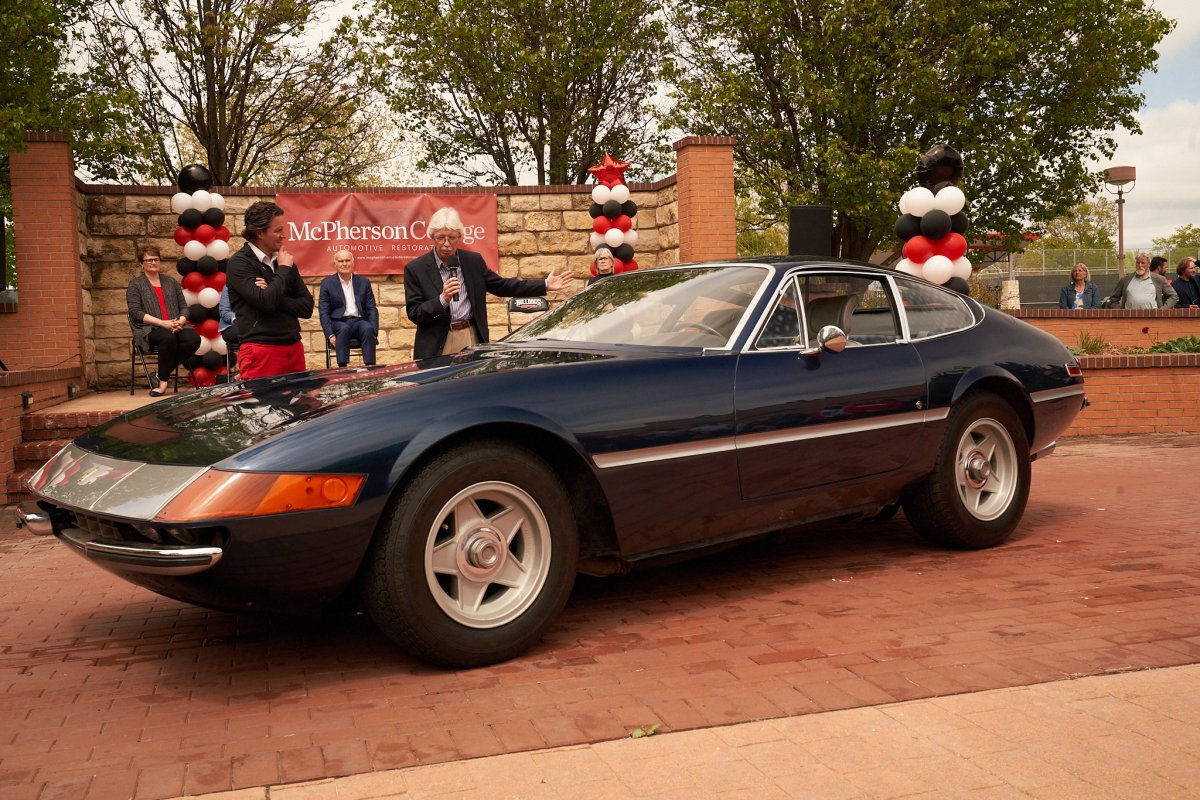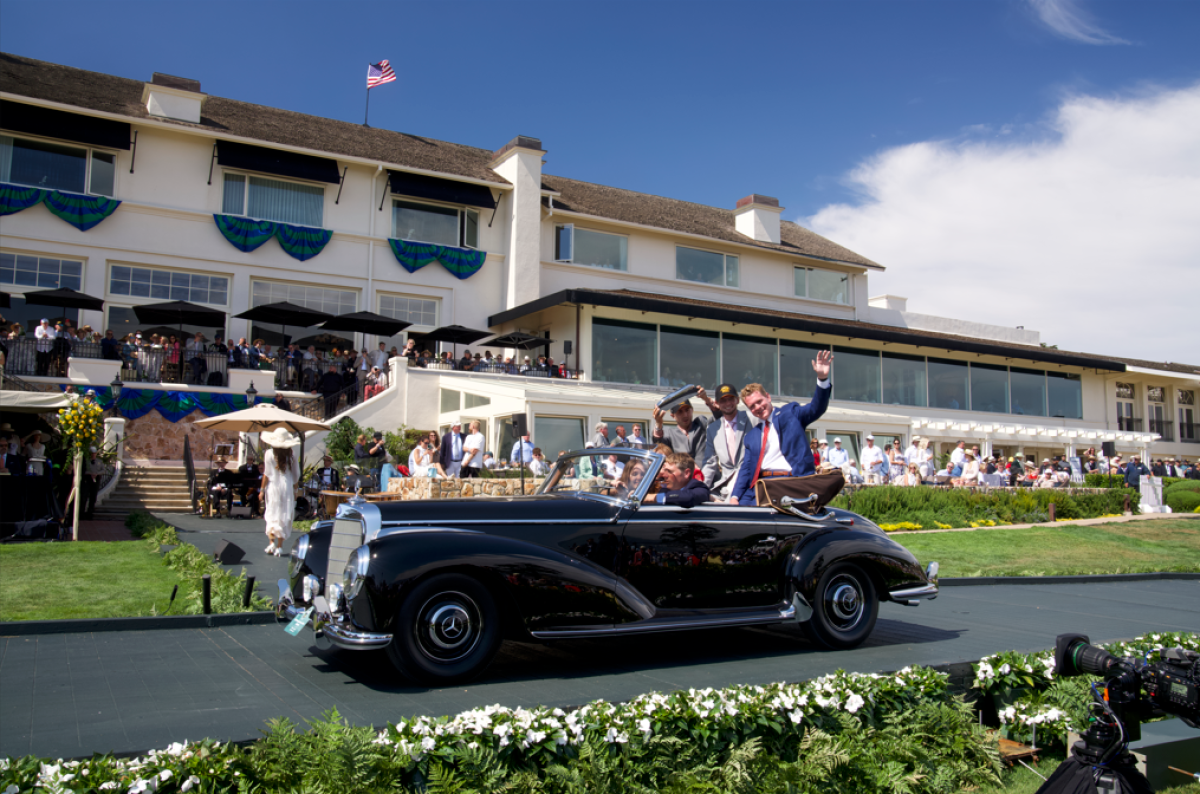America's colleges and universities are facing a difficult test. Many are experiencing declines in enrollment and a pullback in pandemic-era resources, which is forcing them to make tough choices about academic programs they can no longer afford to offer.
In recent months, educational institutions from state flagships like West Virginia University, the University of Connecticut, and smaller private colleges like Bradley University have cut academic programs, eliminating majors including foreign languages, political science, art, economics, and history.
These decisions are often explained through a framing of pragmatism, shifting resources from art history to computer science to prepare for the fact that there are more software engineering jobs than art historians. But this does not capture the full value of some of these "niche" programs—which can offer plenty of value in the modern economy.

Last year, just an hour's drive south of Silicon Valley, a group of Kansas college students at Pebble Beach displayed this firsthand, showing how a specialty some may view as a hobby and not a "practical" academic offering can become a viable and lucrative career path. These students were able to do so because a small college in the Midwest made a bold decision in 1977 to invest in an academic program that did not have any obvious ties to the economy of the future.
A decade ago, McPherson College, a college in Kansas with 800 students, set out to do the unthinkable: have students restore a classic car and enter it to compete at the world's most prestigious car show, the Pebble Beach Concours d'Elegance. Very few people get the chance to feel that glory. This past August, students from McPherson College realized that dream and exceeded everyone's expectations, when their 1953 Mercedes-Benz 300S Cabriolet finished second in class.
The magnitude and importance of that moment cannot be understated. It would be the equivalent of a college club team taking the silver medal at the Olympics. A remarkable feat—not only in their ability to get there but to compete and win.
To many, fixing cars is no more than a hobby sparked in grandpa's garage while watching him tinker under the hood of his car. They may not think it worthy of a dedicated course of study.
But McPherson's bachelor's degree in automotive restoration—the only program of its kind in the United States—has allowed its students to make careers out of their hobby, with their predecessors already enjoying successful careers working on Ferraris, Mercedes-Benzes, Porsches, and Duesenbergs at restoration shops, private collections, automakers, and museums around the world.
This sort of education might seem niche in today's fast-paced world, but it is precisely this specialization that is crucial to keep car culture afloat and drive the next generation of careers. The lessons learned by these students as part of this transformative project is certainly going to help them in whatever career path they pursue.
Our good friend and comedian Jay Leno said it best when he compared the work of automotive restoration students to the art historians who clean and repair the works of the Renaissance era painters. Our students are being trained to do that same spirit of work, but with automobiles, reviving long-forgotten techniques, protecting the character of the craft, and breathing new life into classic cars.
Classic cars aren't just machines; they are living pieces of art and history. Each car tells the unique story of its era, seamlessly weaving together where the world was and where it was headed—all through four wheels, an engine, frame, and body. Automotive restoration ensures that these stories live on, protected, and preserved for the benefit of future generations.

Like many other colleges, McPherson had to make a tough decision about the fate of its automotive restoration program as it faced the same macro headwinds through the years. However, our leadership made the bold decision to double down, and it paid off for us with a win at Pebble Beach and booming program enrollment.
These types of college programs should not be written off as niche; they should be celebrated and encouraged nationwide. And it should not be reserved for just trade schools. Community colleges and four-year schools can both play a pivotal role in nurturing specialized talents, and we've seen it pay dividends now and into the future.
The world is always looking for the next innovation and invention to drive us forward. But students restoring a car that wins at Pebble Beach proves that dedication to preserving the past can shape the future. Sometimes colleges need a reminder that the classics are there for a reason—even in cars.
Michael Schneider is president of McPherson College, the only college in America with a four-year degree in automotive restoration.
Richard Lundquist is a California philanthropist and business owner, as well as a McPherson College trustee who has had cars that have won at Pebble Beach. Lundquist donated his 1972 Ferrari 365 GTB/4 Daytona to the students at McPherson College to restore.
The views expressed in this article are the writers' own.
Uncommon Knowledge
Newsweek is committed to challenging conventional wisdom and finding connections in the search for common ground.
Newsweek is committed to challenging conventional wisdom and finding connections in the search for common ground.
About the writer
To read how Newsweek uses AI as a newsroom tool, Click here.








